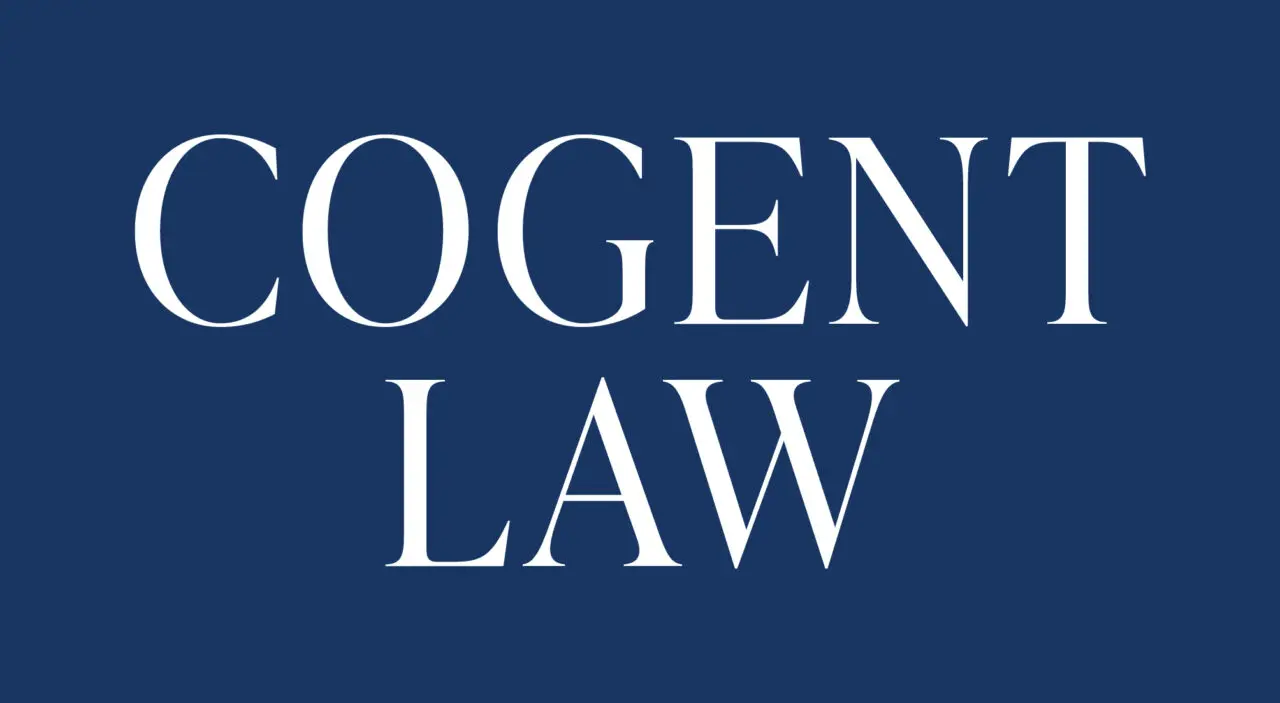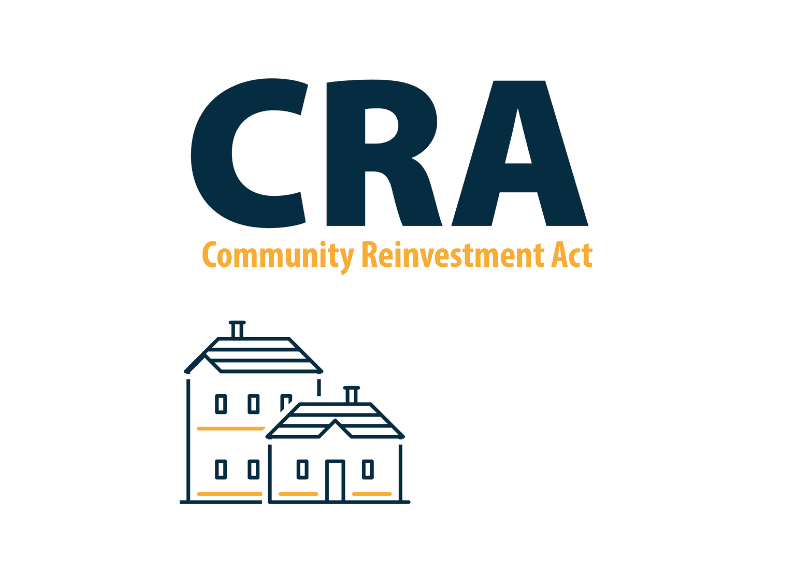The recent proposal to tighten capital requirements for U.S. banks has sparked significant controversy, potentially reshaping global banking regulations. These changes, introduced by U.S. regulators last summer, are seen as an attempt to strengthen the financial system but have provoked intense pushback from the banking industry.
World Finance feature writer Alex Katsomitros examined the after-effects.
The Economic Impact of Increased Capital Requirements
The new regulations, known as the “Basel III endgame,” were proposed by the Federal Reserve, the Office of the Comptroller of the Currency, and the Federal Deposit Insurance Corporation. They mandate that banks with over $100 billion in assets must increase their capital reserves by early 2028, aligning U.S. banking rules with international standards set by the Basel Committee on Banking Supervision. This overhaul responds to recent bank failures and aims to prevent future crises by increasing financial stability.
However, the banking industry argues that these stricter requirements will limit lending, particularly to small and medium-sized enterprises (SMEs), and ultimately harm the U.S. economy. Banks are concerned about the focus on risk-weighted assets (RWA), which could lead to higher capital requirements for mortgages and corporate loans. Charles Calomiris, Director of the Center for Politics, Economics and History at the University of Austin, stated, “The pushback is justified because the rules will have costs but no clear benefit.”
The Global Implications of U.S. Banking Reform
The banking industry’s response has been fierce, with a campaign warning the public of potential hikes in mortgage rates. An analysis by the Los Angeles law firm Latham & Watkins found that 97 percent of institutions responding to the public consultation process viewed the changes as problematic. Michael Ohlrogge, a financial regulation expert at NYU, noted, “If the loans are good loans to make in the first place, why wouldn’t [banks] be willing to fund them with a portion of money from their shareholders?”
Despite concerns, U.S. regulators estimate that the new rules will result in a 16 percent increase in capital requirements for the largest banks. However, the Bank Policy Institute, representing large and mid-sized banks, suggests the increase could be as high as 24 percent. Banks worry that stricter requirements will also make them less competitive globally, as U.S. banks will face tougher standards than their international counterparts.
The Political Fallout of the Basel III Endgame
The international implications of these U.S. reforms are significant. The Basel III endgame could set a precedent, encouraging other countries to adopt more stringent capital rules. Ironically, Switzerland, home to the Basel Committee, is considering similar reforms following the collapse of Credit Suisse in March 2023. “The more rigorous capital regulations the U.S. adopts, the more encouragement it provides for other countries to adopt rigorous rules,” said Ohlrogge.
With the upcoming U.S. presidential election, the issue has become highly politicized. The banking industry has launched a website to mobilize voters and pressure lawmakers, with many Republican politicians already opposing the reforms. The Federal Reserve has signaled a willingness to compromise, with Fed Chair Jay Powell stating that “broad and material changes” to the proposal are likely.
The Future of Global Banking Regulation
As the debate continues, the outcome of these reforms remains uncertain. What is clear is that the U.S. banking industry’s response to these changes could have far-reaching consequences, not only domestically but also for global financial regulation. The battle over capital requirements will likely influence the future of banking practices worldwide, as countries watch how the U.S. navigates this pivotal regulatory shift.
The complete article can be found at World Finance.




















